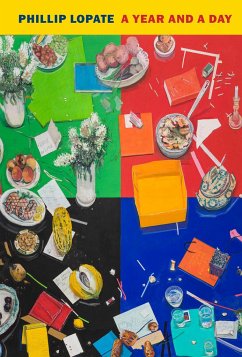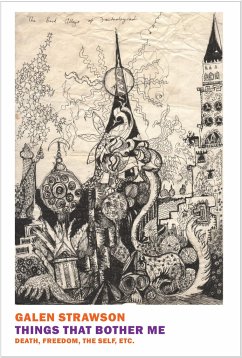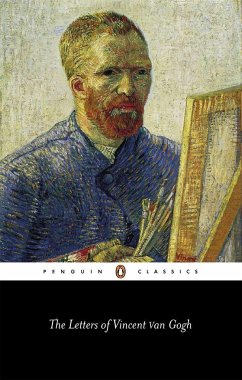
The Criminal Child
Selected Essays
Übersetzer: Mandell, Charlotte; Zuckerman, Jeffrey

PAYBACK Punkte
11 °P sammeln!
The Criminal Child offers the first English translation of a key early work by Jean Genet. In 1949, in the midst of a national debate about improving the French reform-school system, Radiodiffusion Française commissioned Genet to write about his experience as a juvenile delinquent. He sent back a piece that was a paean to prison instead of the expected horrifying exposé. Revisiting the cruel hazing rituals that had accompanied his incarceration, relishing the special argot spoken behind bars, Genet bitterly denounced any improvement in the condition of young prisoners as a threat to their cr...
The Criminal Child offers the first English translation of a key early work by Jean Genet. In 1949, in the midst of a national debate about improving the French reform-school system, Radiodiffusion Française commissioned Genet to write about his experience as a juvenile delinquent. He sent back a piece that was a paean to prison instead of the expected horrifying exposé. Revisiting the cruel hazing rituals that had accompanied his incarceration, relishing the special argot spoken behind bars, Genet bitterly denounced any improvement in the condition of young prisoners as a threat to their criminal souls. The radio station chose not to broadcast Genet's views. "The Criminal Child" appears here with a selection of Genet's finest essays, including his celebrated piece on the art of Alberto Giacometti.
Dieser Artikel kann nur an eine deutsche Lieferadresse ausgeliefert werden.













